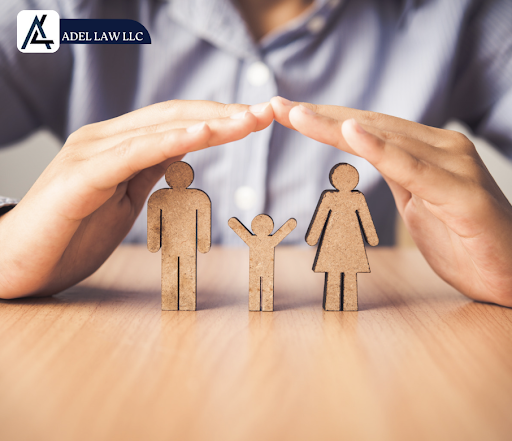Protecting Yourself and Your Loved Ones
Family violence is a serious issue that can take many forms—physical, emotional, psychological, or even financial abuse. In Singapore, the Personal Protection Order (PPO) is a legal tool designed to protect individuals and families from such harm. Whether you’re experiencing violence yourself or worried about a family member, understanding how a PPO works is crucial for ensuring safety and peace of mind.
What Exactly is a Personal Protection Order?
A PPO is a court order issued by the Family Justice Courts to prevent further violence from occurring within a family. It requires the aggressor, known as the respondent, to cease all forms of abusive behavior towards the protected person. This could be a spouse, parent, child, or any other family member living in the same household. If the respondent breaches the PPO, they could face serious legal consequences, including fines or imprisonment.
Who Can Apply for a PPO?
You don’t have to be married to the person who’s causing you harm to apply for a PPO. It’s open to various family members, including:
- Spouses and ex-spouses
- Parents and children
- Siblings
- Grandparents
- In some cases, even domestic partners
It’s also worth noting that a PPO can be applied for on behalf of children or adults who may not be able to file the application themselves, such as individuals with disabilities.
How to Apply for a PPO
The PPO application process is straightforward, but having a clear understanding of the steps involved can make it less daunting. First, you’ll need to file your application at the Family Justice Courts or a Protection Specialist Centre. You’ll need to provide evidence of the violence or abuse—this could be medical reports, photographs, or even witness statements.
Once your application is filed, you and the respondent will attend a court mention. This is essentially a preliminary hearing where the court will decide how to proceed. If the respondent disputes the PPO, the court may schedule a hearing to review the case in detail.
What Happens After the Order is Issued?
Once a PPO is granted, it’s legally binding. The respondent must adhere to the conditions set out in the order. For example, they may be prohibited from contacting or approaching the protected person. If they violate these terms, they can face legal repercussions.
Why It’s Important to Seek Legal Help
While the process of applying for a PPO is straightforward, having a Personal Protection Order lawyer can provide invaluable support. A lawyer can help you gather the necessary evidence, file your application correctly, and represent you in court. Their expertise ensures that your case is as strong as possible, giving you the best chance of securing the protection you need.
Taking the First Step Towards Safety
If you’re in a situation where you feel unsafe, taking action might seem overwhelming. But remember, you’re not alone. Legal professionals like those at ADEL LAW LLC are here to guide you through the process and ensure your rights are protected. Don’t wait until it’s too late—reach out for help and take the first step towards a safer, more secure future.




